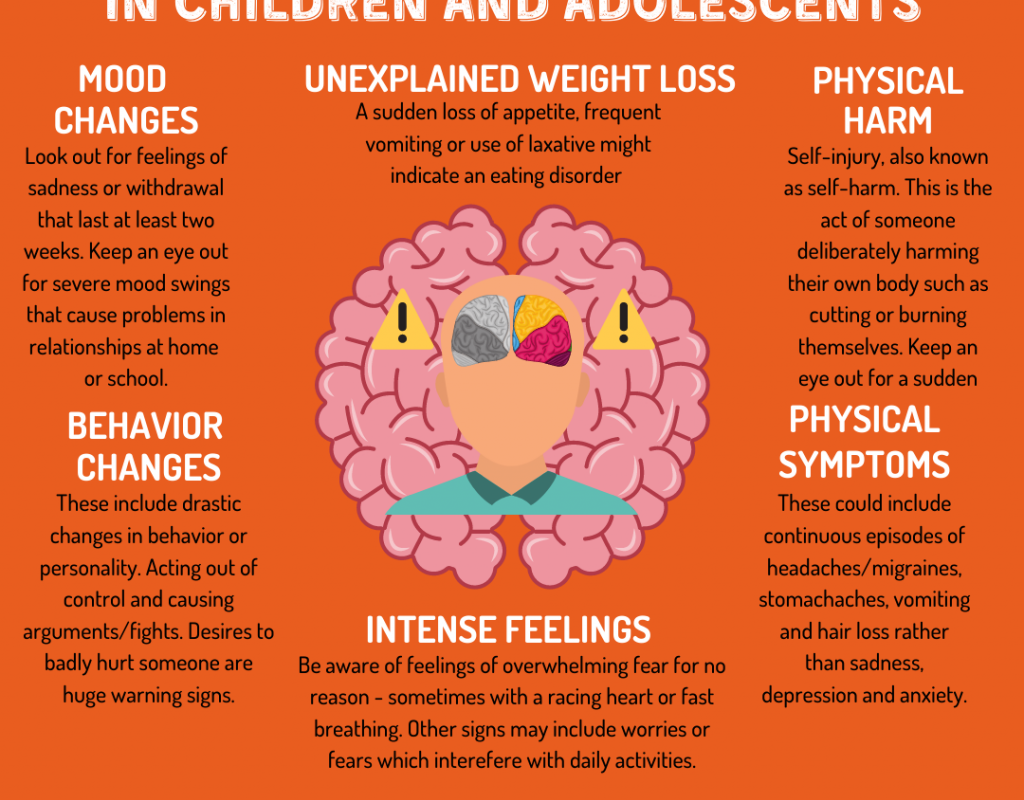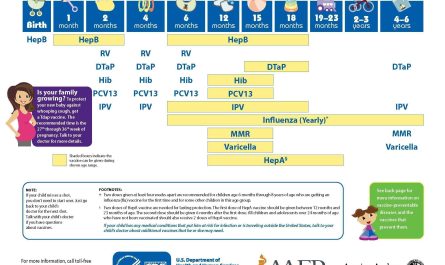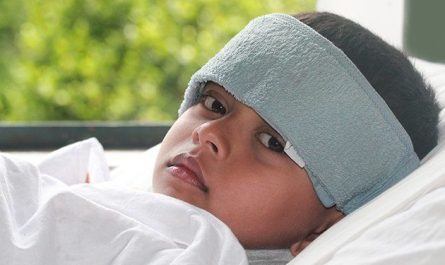Mental health is a crucial aspect of a child’s overall well-being, yet it is often overlooked or misunderstood. Just like adults, children can experience mental health issues that can significantly impact their development and quality of life. Identifying and addressing these issues early on is vital to ensure that children receive the support they need to thrive.
The Importance of Early Intervention
Early intervention plays a pivotal role in managing mental health problems in children. By identifying the signs and symptoms of these issues early on, parents, educators, and healthcare professionals can provide the necessary support and interventions to prevent them from escalating. Early intervention can also minimize the potential long-term impacts that untreated mental health conditions may have on a child’s overall well-being.
Early Signs of Mental Health Issues in Children
It is essential for parents and caregivers to be aware of the early signs and symptoms that might indicate a child’s mental health concern. These early signs can vary depending on the specific condition, but some common indicators include:
Changes in behavior: sudden anger outbursts, aggression, irritability, withdrawal, or excessive clinginess.
Changes in mood: persistent sadness, mood swings, high levels of anxiety or fear, or a significant decrease in enjoyment of activities they once enjoyed.
Sleep problems: insomnia, frequent nightmares, fear of sleeping alone, or excessive sleeping.
Changes in appetite: significant weight loss or gain, loss of interest in food, or irregular eating habits.
Social withdrawal: a sudden decline in social interactions, reluctance to participate in activities, or isolation from peers.
Difficulty concentrating: a decline in academic performance, trouble focusing, or difficulty completing tasks.
Physical complaints: frequent headaches, stomachaches, or unexplained physical symptoms.
Supporting Children’s Mental Health
When parents or caregivers notice any of these early signs, it is essential to respond promptly and provide appropriate support. Here are some strategies to support a child’s mental health:
Open communication: Create a safe space for children to express their thoughts and feelings. Encourage open and non-judgmental conversations.
Engage in activities: Encourage children to participate in activities they enjoy, such as sports, arts, or hobbies. Engaging in fun activities can boost their mood and overall well-being.
Promote a healthy lifestyle: Ensure children get enough sleep, eat a balanced diet, and engage in regular physical activity. A healthy lifestyle can positively affect their mental health.
Establish routines: Consistent routines can provide a sense of stability and security for children. This is particularly important for those with anxiety or other related conditions.
Seek professional help: If the signs persist or worsen, it is crucial to consult a healthcare professional or a mental health specialist, such as a child psychologist or psychiatrist.
Reduce stress: Help children manage stress by teaching them appropriate coping mechanisms, such as deep breathing exercises or mindfulness techniques.
Provide emotional support: Ensure children feel supported and loved. Offer praise and encouragement, and validate their feelings and experiences.
The Role of Schools
Given the amount of time children spend at school, educational institutions play a vital role in supporting children’s mental health. Schools can implement various measures that contribute to creating a positive and mentally healthy environment:
Mental health education: Schools can include mental health education as part of the curriculum to raise awareness and promote understanding among students and teachers.
Access to support services: Schools should provide access to mental health professionals who can offer guidance and support to both students and staff.
Anti-bullying initiatives: Schools must adopt a zero-tolerance policy towards bullying and implement programs to combat it effectively.
Emotional support systems: Children should have access to mentoring programs, counseling services, and peer support groups within the school environment.
Encouragement of physical activity: Schools can promote physical activity through the inclusion of physical education classes, sports teams, and recreational activities.
Breaking the Stigma
Lastly, it is crucial to break the stigma associated with children’s mental health issues. Mental health conditions are medical conditions that affect millions of children worldwide. By raising awareness, educating the public, and promoting open conversations about mental health, we can eliminate the stigma surrounding these issues and ensure that children receive the support and understanding they need.
Mental health in children is a topic that demands our attention and action. By identifying the early signs of mental health issues and providing appropriate support, we can pave the way for a brighter and mentally healthier future for our children.




